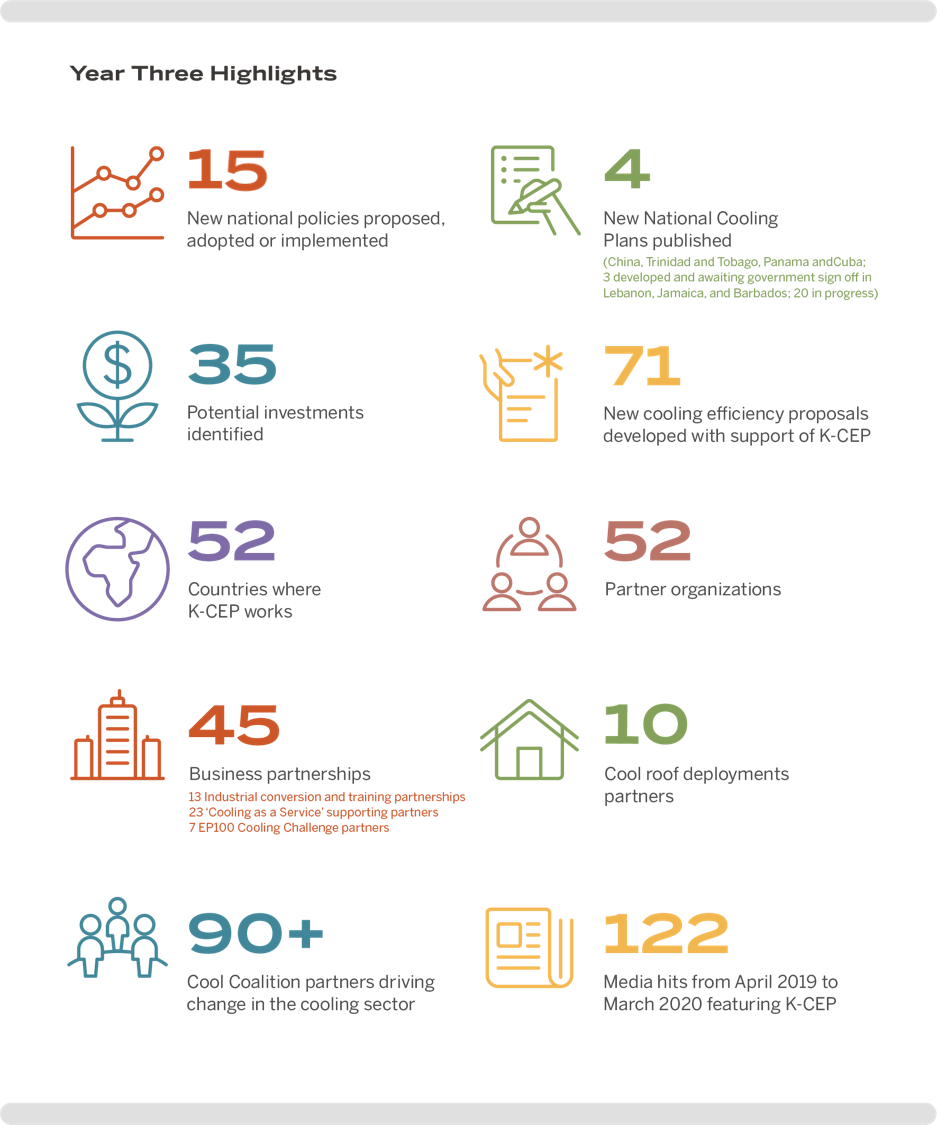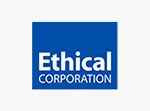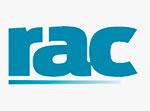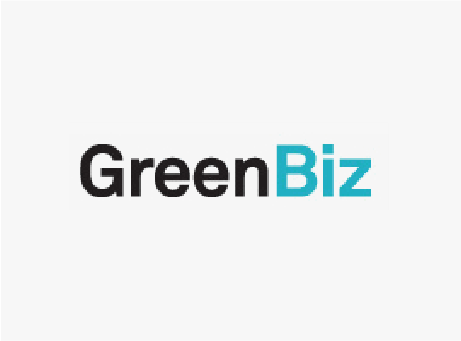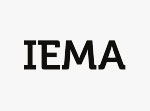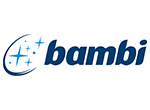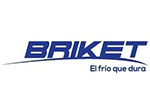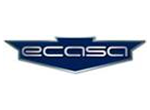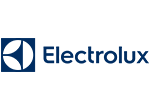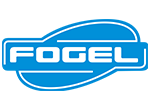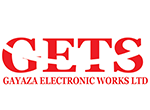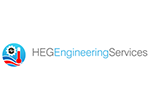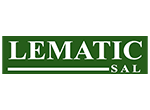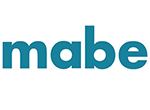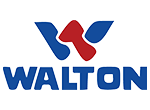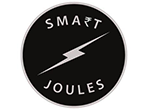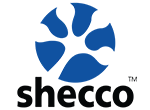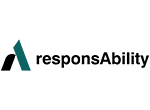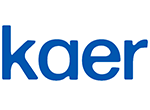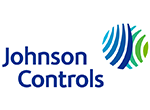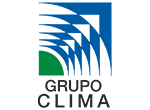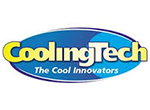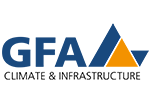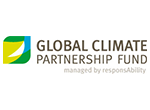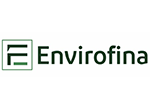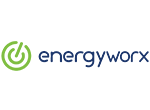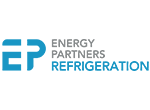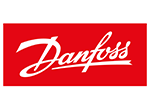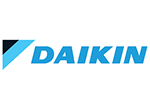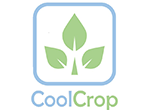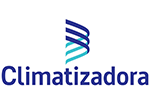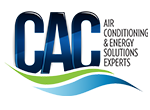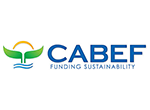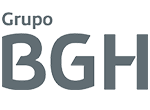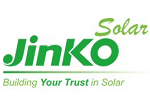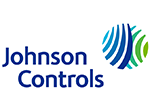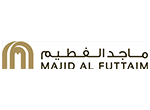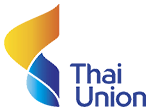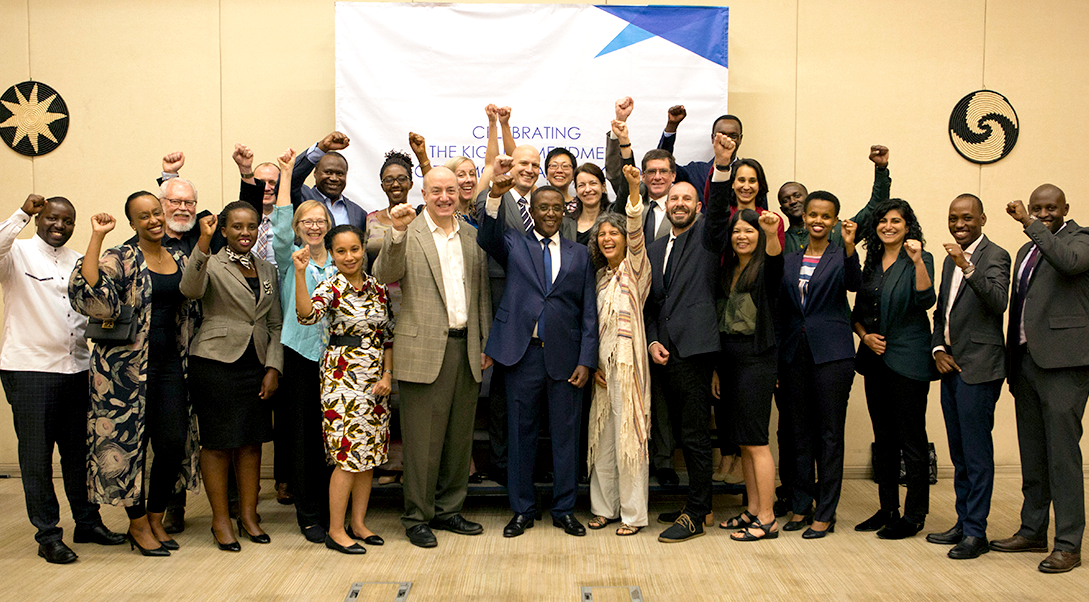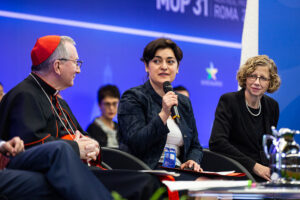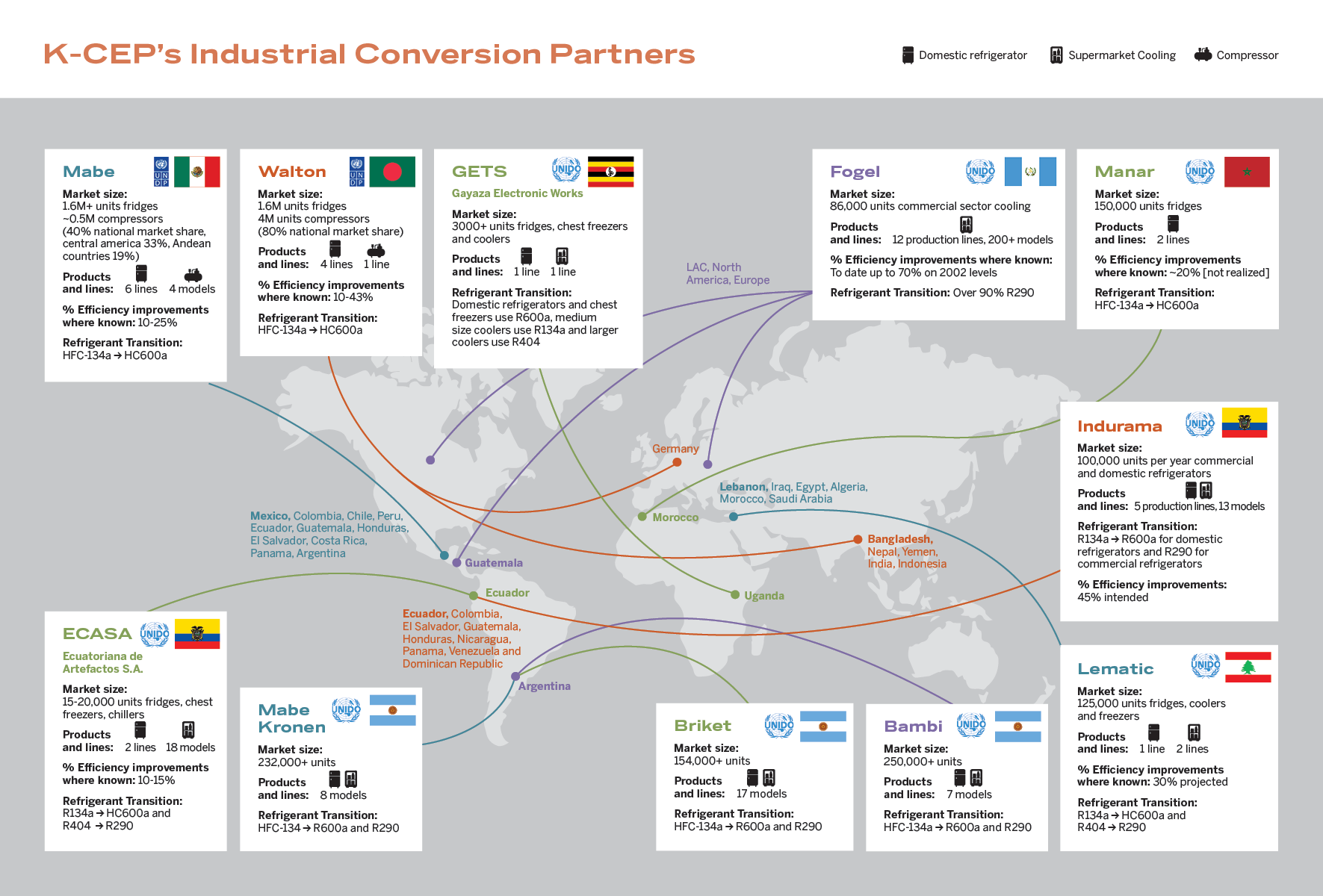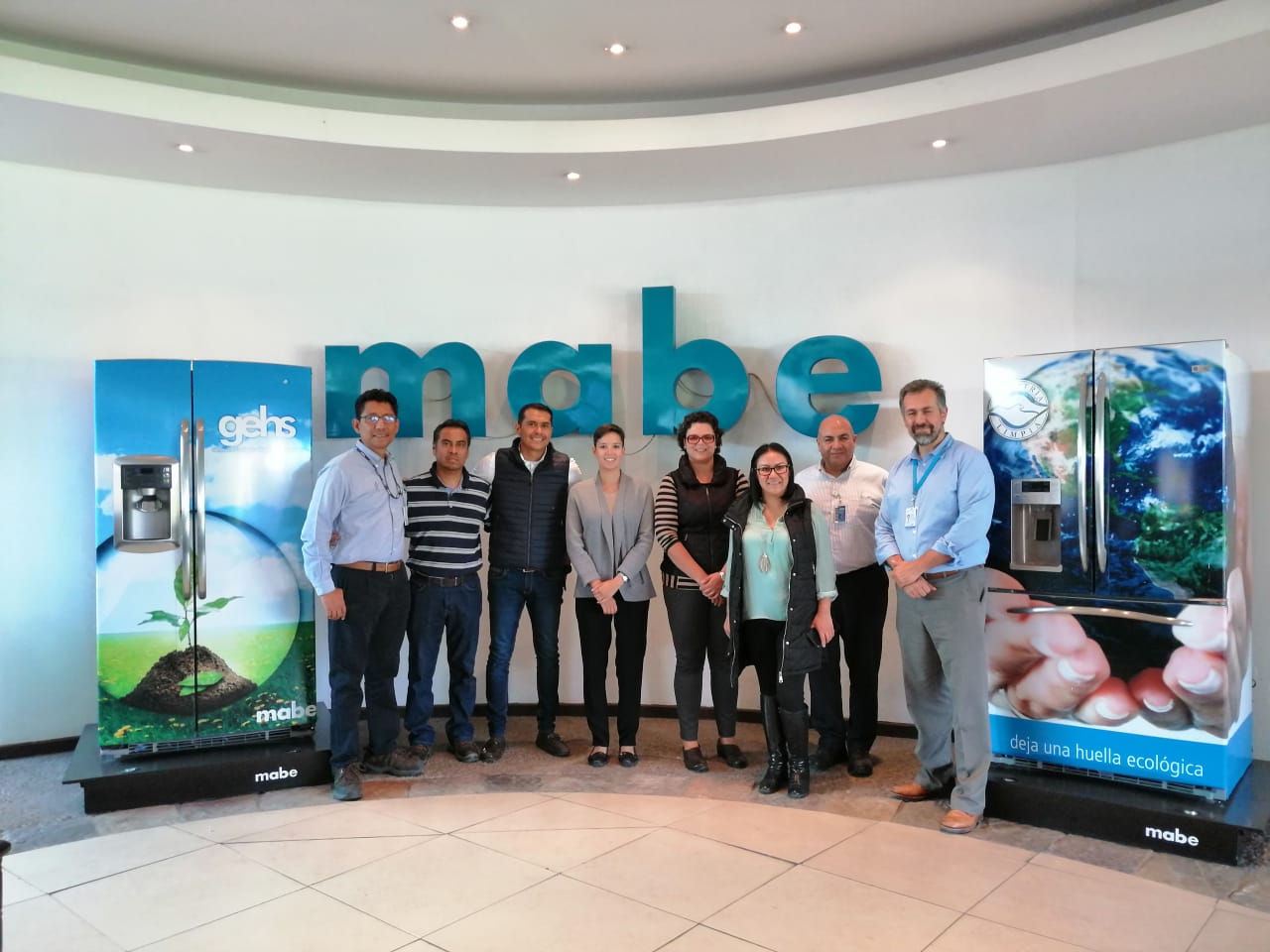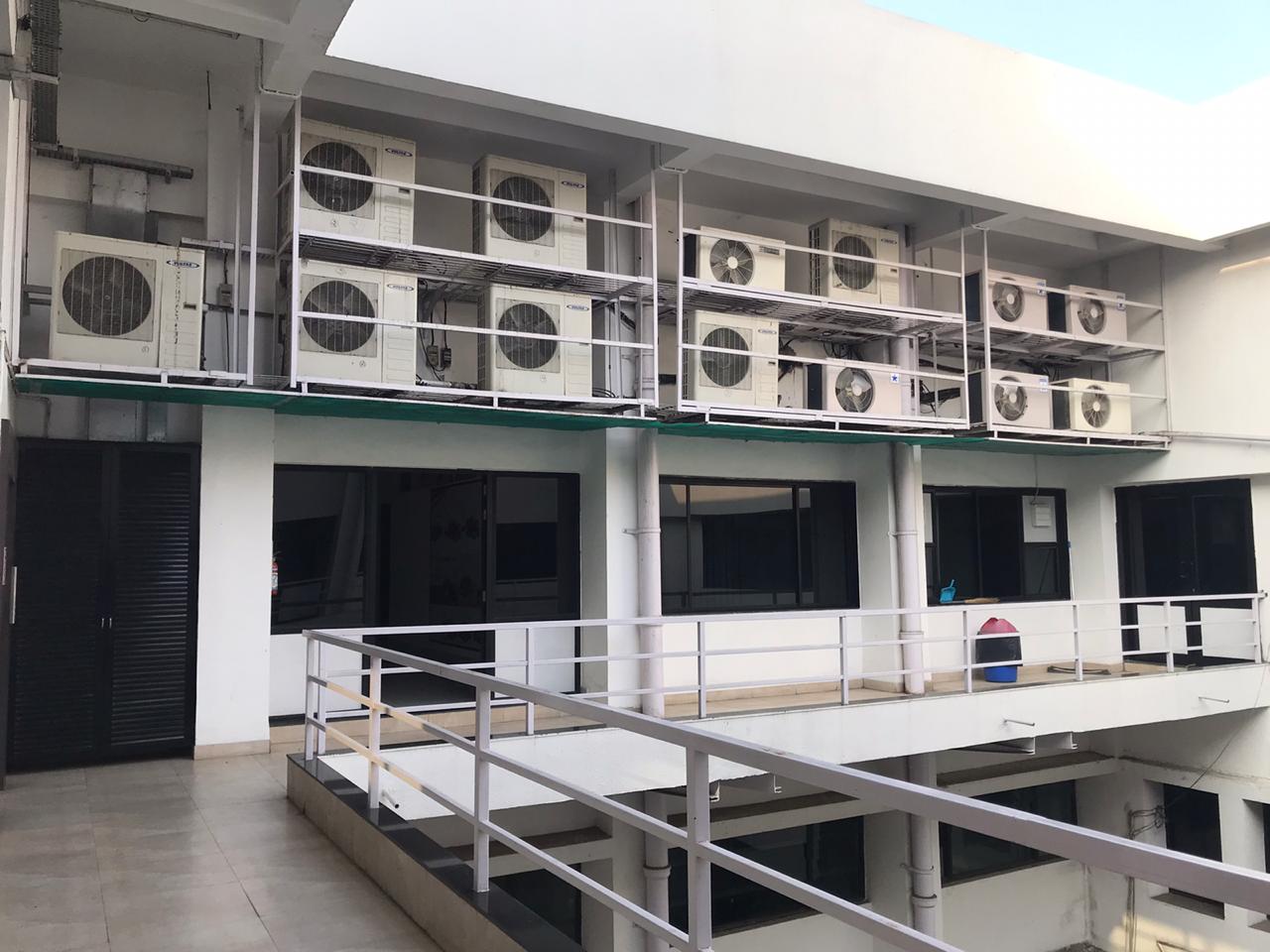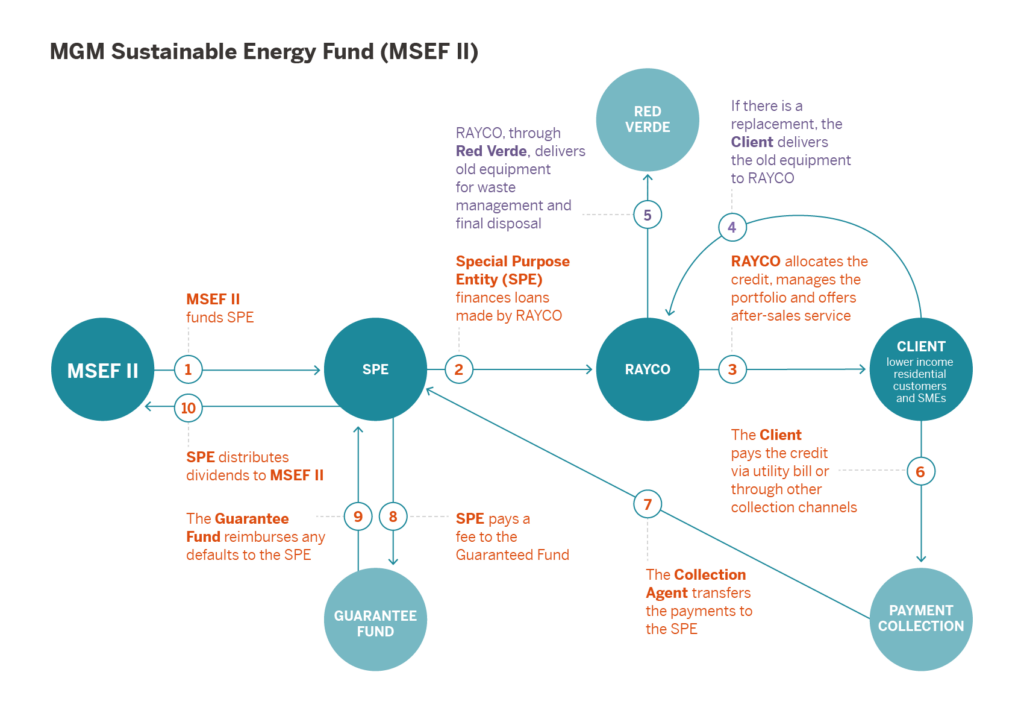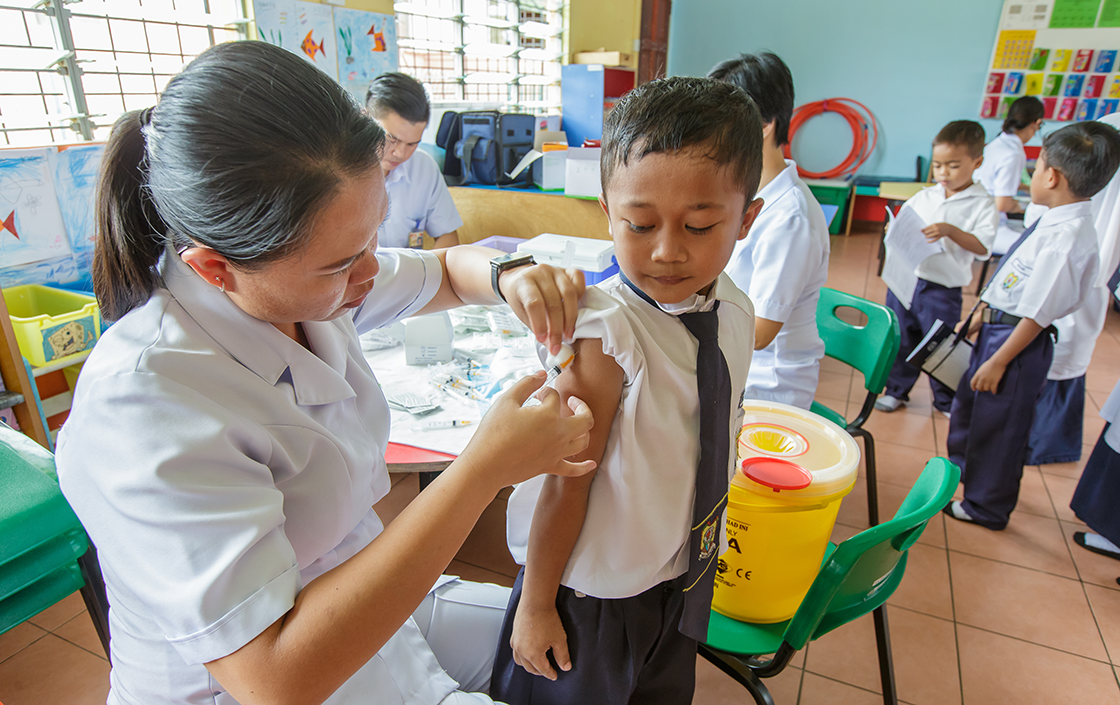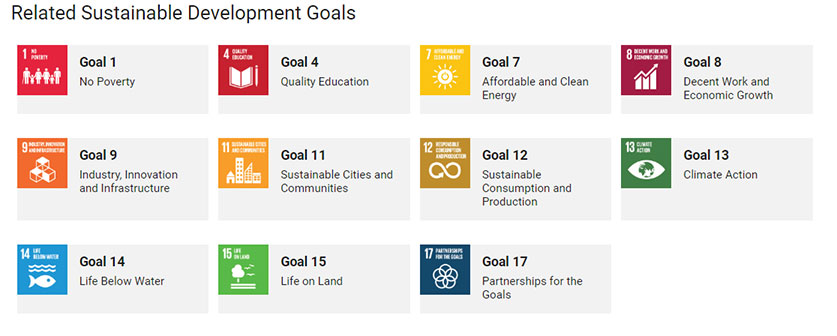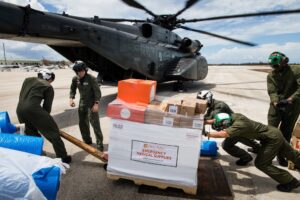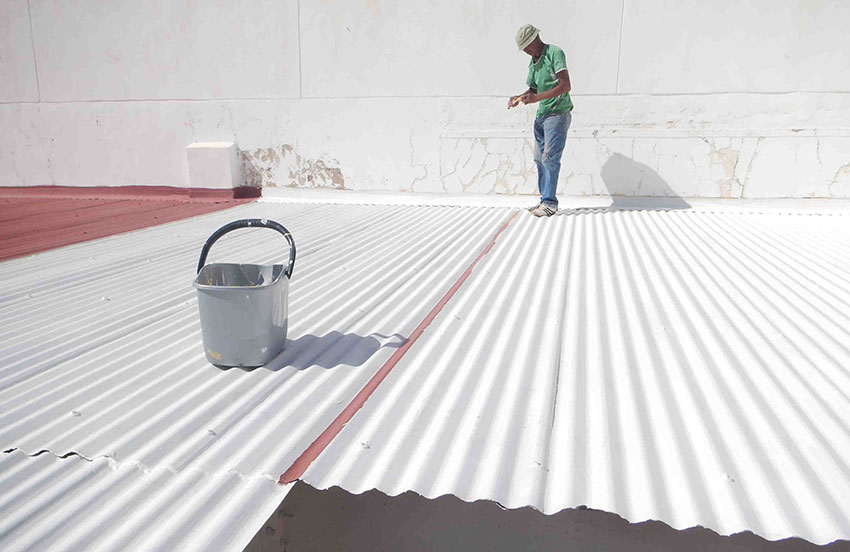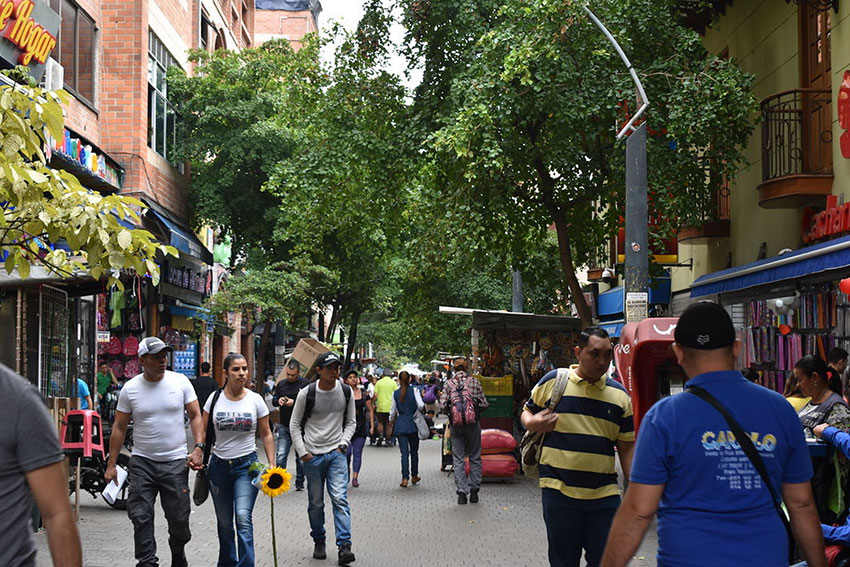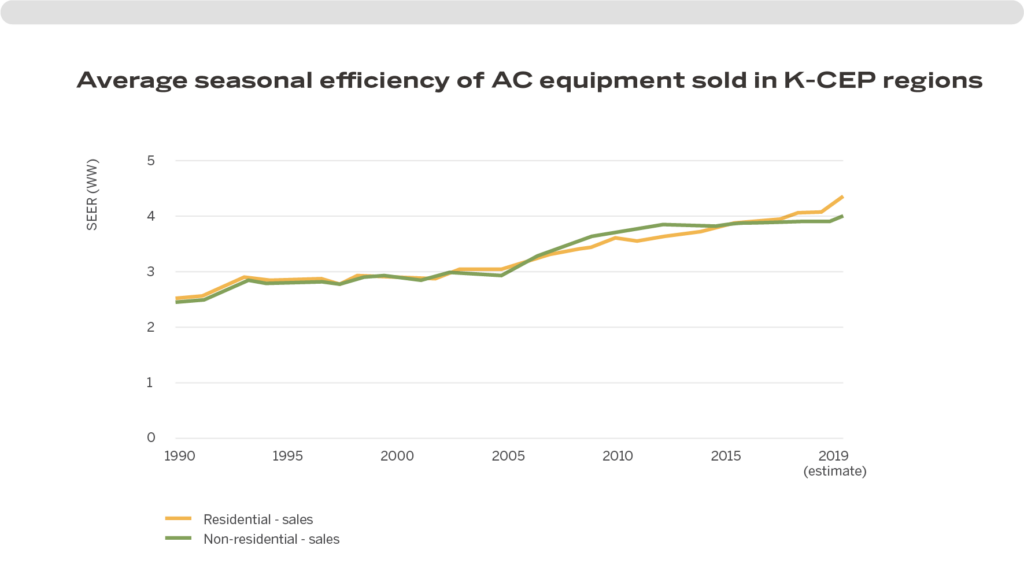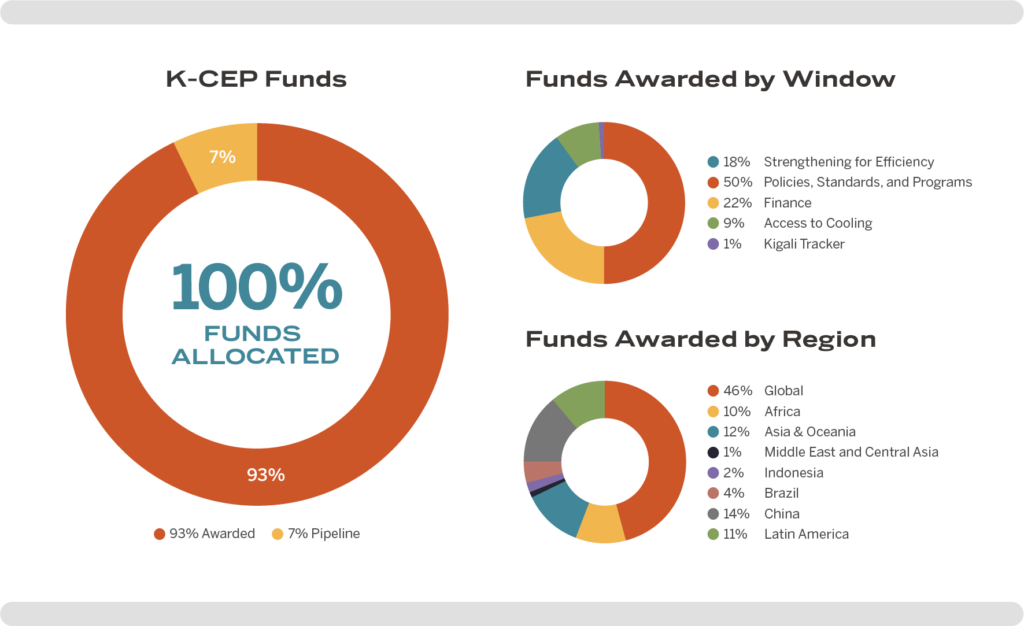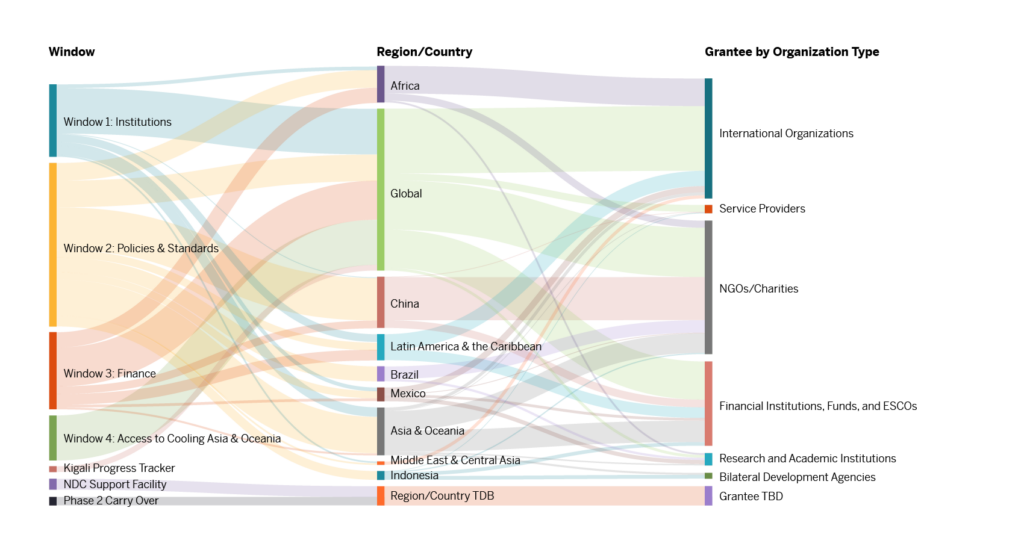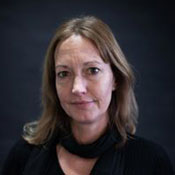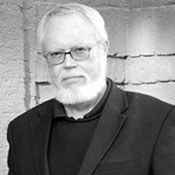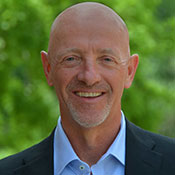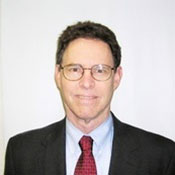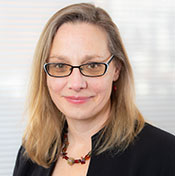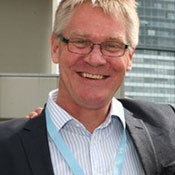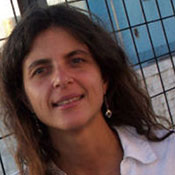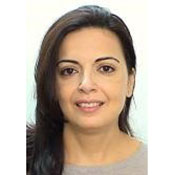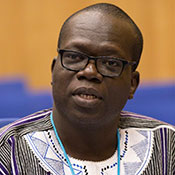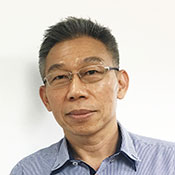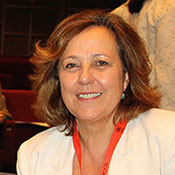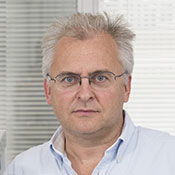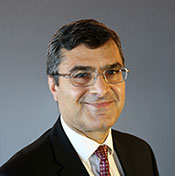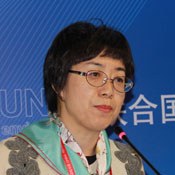| Argentina | UNIDO | Support to refrigerator manufacturers to improve EE during the F-gas transition, market barrier assessment and implementation support for MEPS | 1 | X | X | | X | | | X | |
| | Incentives and financing mechanisms to encourage domestic demand for high-EE refrigerators and Acs | 2 | | | | | | | X | |
| Bangladesh | UNDP | Improving EE during the HFC phase-down in the domestic refrigerator manufacturing sector | 1 | | | | X | | | | |
| GIZ | to survey energy efficiency in public buildings in Bangladesh | 3 | | | | | | | X | |
| Bangladesh, Chile, Costa Rica, Cuba, Ghana, Lebanon, Nigeria, Panama, Sri Lanka, Trinidad & Tobago, Uruguay, Mexico | UNDP | Support to draft and publish national cooling efficiency plans in 13 countries | 1 | | X | | | | | | |
| Brazil | Institute for Climate and Society (iCS) | Support to draft and publish national EE strategy for the AC sector and capacity-building to strengthen EE standards and labeling and support implementation | 2 | X | X | X | X | | | | |
| Lawrence Berkeley National Laboratory (LBNL), Collaborative Labeling and Appliance Standards Program (CLASP) | Technical analysis on Brazil AC MEPS and labels | 2 | X | | | | | | | |
| Uma Gota No Oceano | Raising energy efficiency awareness in Brazil’s AC Sector | 2 | | | | | | | | X |
| Caribbean - Bahamas, Jamaica, Dominican Republic, Saint Lucia, Barbados | UN Environment | Supporting financial mechanisms and policies for clean, efficient cooling in the Caribbean tourism sector, MEPS, and national cooling plans | 2 | X | X | | | | | X | |
| China | Development Reimagined | Research on South-South Cooperation between China and developing countries for environmentally friendly AC | 2 | | | | | | | | X |
| Energy Foundation China | China cooling efficiency project: commercial AC MEPS, national cooling roadmap, early peaking cities cooling initiative, and market transformation | 2 | X | X | | | | | | |
| Natural Resources Defense Council (NRDC) | China Cooling campaign - consumer awareness raising | 2 | | | | | | | | X |
| Natural Resources Defense Council (NRDC), China Industrial Bank (CIB), Tsinghua University | Financing cooling efficiency improvement in commercial buildings and cold storage logistics companies | 3 | | | | | | X | | |
| China, Philippines, Argentina | Health Care Without Harm | Hospital cooling energy audits and advocacy for the adoption of energy monitoring systems | 4 | | | | | | X | | |
| Colombia | UNDP | Embedding EE into the Colombian supermarket sector during the F gas transition | 1 | | X | | X | | | | |
| UNDP | For continued work to improve the energy efficiency of propane-based commercial air conditioners in Colombia | 1 | | | | X | | | | |
| Costa Rica | UNDP | Development of a sectoral energy plan for district cooling in Costa Rica | 1 | | | | | | | | |
| ECOWAS, including Cape Verde, Nigeria | Collaborative Labeling and Appliance Standards Program (CLASP) | Regional compliance program for ECOWAS region | 2 | | | X | | | | | |
| Ecuador, Guatemala, Jordan, Lebanon, Morocco, Uganda | UNIDO | Support to refrigerator manufacturers to improve EE during the F-gas transition | 1 | | | | X | | | | |
| Egypt | Lawrence Berkeley National Laboratory (LBNL) | AC standard, compliance and implementation support | 2 | X | | X | | | | | |
| Egypt, Ghana, Senegal, Rwanda | UN Environment | Egypt: Scaling up investment in clean, efficient district cooling systems | 3 | | | | | | | X | |
| | Ghana and Senegal: ECOWAS refrigerators initiative | 3 | | | | | | | X | |
| | Rwanda: Cooling finance initiative | 3 | | | | | | | X | |
| Ghana | UNDP | AC sector rebate and enforcing EE in the servicing sector | 1 & 2 | | | | | X | | X | |
| Global | Ashden Awards | Cooling for People award | 4 | | | | | | X | | X |
| | For continued support to develop an award to help identify and showcase sustainable cooling technologies | 4 | | | | | | X | | X |
| Basel Agency for Sustainable Energy (BASE) | "Cooling as a Service" business model | 2 | | | | | | | | X |
| | For continued work on scaling the use of environmentally friendly and energy efficient cooling systems through the use and promotion of a “Cooling as a Service” business model | 2 | | | | | | | X | X |
| Consortium led by Toby Peters | Guide to impact investment in clean cooling | 3 | | | | | | | X | |
| CDP | Research report to identify HVAC companies that are best suited to transition to a low carbon economy | 2 | | | | | | | | X |
| CDP Worldwide | Identify HVAC companies that are best suited to transition to a low carbon economy | 2 | | | | | | | | X |
| Direct Relief | Increase access to efficient refrigeration for cold-chain vaccines and medicines | 4 | | | | | | X | | |
| Environmental Investigation Agency (EIA) | Working with the Consumer Goods Forum to support global corporate and policy measures on EE, climate-friendly cooling in supermarkets | 2 | | | | | | | | X |
| Global Cool Cities Alliance (GCCA) | One Million Cool Roofs Challenge - technical advisory | 4 | | | | | | X | | |
| International Energy Agency (IEA) | Kigali Action Tracker | Tracker | | | | | | | | |
| | Regional Training workshops incorporating Cooling for All materials | 4 | | | | | | X | | |
| National Renewable Energy Laboratory (NREL) | Compressor supply chain mapping and analysis | 2 | | | | | | | | |
| Natural Resources Defense Council (NRDC) | Supporting global efforts to improve standards and labeling for efficient cooling | 2 | X | | | | | | | |
| | Testing program to verify the accuracy of EE and refrigerant certifications for Acs | 2 | | | X | | | | | |
| | Research, analysis and recommendations on EE for the Montreal Protocol | 2 | | | | | | | | X |
| Nesta | One Million Cool Roofs Challenge fund management | 4 | | | | | | X | | X |
| Project X | Improving the EE and performance of cold storage and transportation for vaccines | 4 | | | | | | X | | |
| SEforALL | Cooling for All - Global panel & report on Access to Cooling | 4 | | | | | | X | | |
| | Cooling for All - secretariat role and implementation advisory | 4 | | | | | | X | | |
| | For continued support to expand access to integrated cooling solutions | 4 | | | | | | X | | X |
| The Climate Group | Support global businesses in a commitment to increasing energy productivity and cooling efficiency | 2 | | | | | | | | X |
| Third Generation Environmentalism (E3G) | Cool Platform for International Political Economy (Cool PIPE) | 2 | | | | | | | | X |
| UN Environment | Global high-level leadership, advocacy, and communication | 1 | | | | | | | | X |
| | Twinning of National Ozone Officers and national Energy Efficiency representatives, and capacity building to link EE with Montreal Protocol objectives | 1 | | | | | | | | X |
| UNIDO | Support the work of the Private Financing Advisory Network to catalyze investment in efficient cooling | 1 | | | | | | | X | |
| University of Oxford | Review and assess climate friendly, equitable, and productive cold chains | 2 | | | | | | | | X |
| Indonesia | Climate Policy Initiative (CPI) | Support to accelerate public and private finance towards cooling efficiency work in Indonesia | 3 | | | | | | | X | |
| GIZ | Public procurement program for energy-efficient air conditioners in Indonesia | 2 | | | | | | | X | |
| Global Initiative Communications | Cooling Efficiency Award and roundtable discussion at Sustainable Business Awards | 2 | | | | | | | | X |
| Synergy Efficiency Solutions (SES) | Establish a sustainable EE market in Indonesia, focusing on clean, efficient cooling systems | 3 | | | | | | | X | |
| Kenya | Collaborative Labeling and Appliance Standards Program (CLASP) | Support on implementation of MEPS for AC, and national cooling plan | 2 | X | X | | | | | | |
| Lebanon | UNDP | Support on MEPS, finance and incentives to retire old equipment, and service training and manual | 1 & 2 | X | | | X | X | | X | |
| Mexico | Iniciativa Climatica de Mexico (ICM) | Support on MEPS design and national cooling plan | 2 | X | | | | | | | |
| Lawrence Berkeley National Laboratory (LBNL) | Technical support on designing MEPS for mini split AC and commercial AC | 2 | X | | | | | | | |
| UNDP | Support to refrigerator manufacturers to improve EE during the F-gas transition | 1 | | | | X | | | | |
| UNIDO | Pilot project for the substitution of old refrigerators to new, efficient appliances | 2 | | | | | | | X | |
| Mexico, Costa Rica, Chile, Colombia, Brazil | MGM Innova | Demonstration cooling projects across several sectors in the Latin America and Caribbean region | 3 | | | | | | | X | |
| Micronesia | College of the Federated States of Micronesia | Energy security and climate action in the Federated States of Micronesia | 2 | | | | | X | | | |
| Morocco, South Africa, Indonesia, Malaysia, among others | Sustainable Development Capital LLP (SDCL) | Deliver clean, efficient cooling improvements in industrial and commercial operations of global companies, via cooling as a service | 3 | | | | | | | X | |
| Nigeria | UNDP | Integrating EE into the RAC servicing sector transforming the market of inefficient RAC equipment | 1 & 2 | | | | | X | | X | |
| Pacific Islands, including Marshall Islands, Papua New Guinea, and Vanuatu | International Institute for Energy Conservation (IIEC) | Pacific Islands champions demo funds | 2 | | | | | | | X | X |
| Palau and Cook Islands | International Institute for Energy Conservation (IIEC) | Supporting MEPS and financial mechanisms for EE and climate-friendly cooling in the Pacific | 2 | X | | | | | | X | |
| Philippines | UNDP | For continued support to increase energy efficiency capacity in the Philippines | 1 | | | | | | | | |
| Rwanda | UN Environment | Supporting an integrated policy approach for EE climate-friendly cooling: National cooling plan, MEPS and labeling, financial mechanism | 2 | X | X | | | | | X | |
| South Africa | Lawrence Berkeley National Laboratory (LBNL) | MEPS for AC and supporting capacity for testing | 2 | X | | X | | | | | |
| Tanzania, Kenya, China | World Wildlife Fund (WWF) | Food cold chain solutions - focus on fishing sector | 4 | | | | | | X | | |
| Thailand, Vietnam | The World Bank | Strategy support: National cooling plans, market assessment, industrial capacity building and AC MEPS | 1 & 2 | X | X | X | X | | | | |
| Collaborative Labeling and Appliance Standards Program (CLASP) | Build regional compliance capacity across ASEAN, provide technical analysis on MEPS | 1 & 2 | X | X | X | X | | | | |
| Various, including Panama, Jordan | The World Bank | Establishment of an Efficient Clean Cooling Program at the World Bank | 3 | | | | | | | X | |
| | | | | | | | | | | |

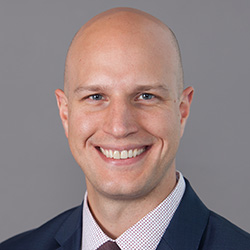

 It is certainly true what people say, time does fly and times do change. We can’t believe that our third annual report is here – ‘Building Momentum for Impact’ – and along with the rest of humanity, we also can’t quite believe how the world has so quickly been turned upside down by COVID-19. Despite the uncertainty that now prevails, and the ongoing (but currently less visible) climate crisis, we hope that you will find much to be hopeful for in our report. Please take some time to enjoy the success stories from our third year, in which a lot of promising progress has been made in tackling the emissions that threaten our precious, shared planet.
It is certainly true what people say, time does fly and times do change. We can’t believe that our third annual report is here – ‘Building Momentum for Impact’ – and along with the rest of humanity, we also can’t quite believe how the world has so quickly been turned upside down by COVID-19. Despite the uncertainty that now prevails, and the ongoing (but currently less visible) climate crisis, we hope that you will find much to be hopeful for in our report. Please take some time to enjoy the success stories from our third year, in which a lot of promising progress has been made in tackling the emissions that threaten our precious, shared planet.